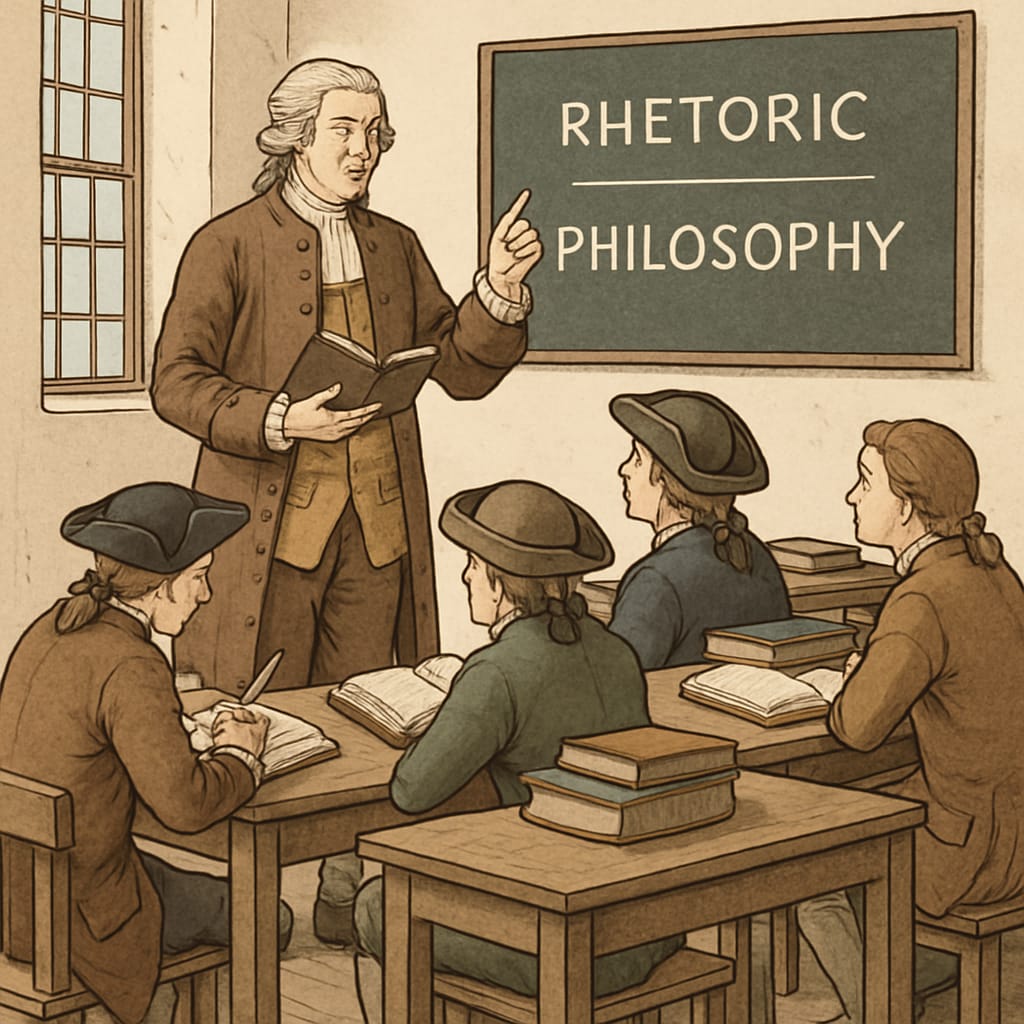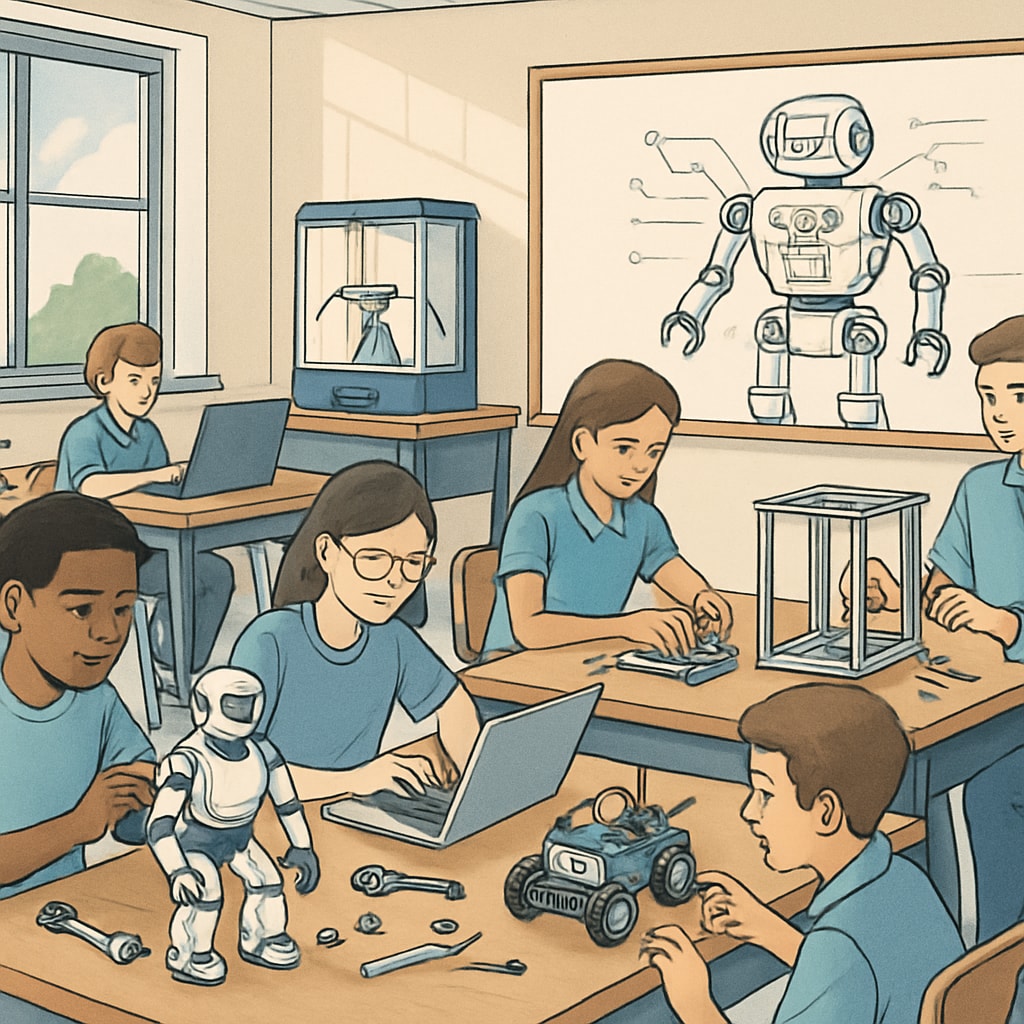Classical education, rooted in the intellectual traditions of ancient Greece and Rome, was once the foundation of Western learning. It profoundly influenced the Founding Fathers, shaping their ability to lead, reason, and govern. However, in today’s modern K-12 education systems, classical education has largely faded, replaced by a utilitarian focus on career-oriented and standardized learning. This article examines the historical decline of classical education and its impact on society, uncovering the societal, economic, and cultural reasons behind this transformation.
Understanding Classical Education’s Legacy
Classical education emphasized the study of literature, philosophy, history, and rhetoric, fostering critical thinking and moral reasoning. These subjects were central to the education of leaders like Thomas Jefferson and Benjamin Franklin, who valued education as a means of cultivating virtuous citizens. For example, Jefferson’s devotion to classical texts shaped his vision for democracy and governance. Yet, as society industrialized, priorities shifted, and classical education began losing its prominence.

Societal Shifts Leading to its Decline
Several societal factors contributed to the decline of classical education. First, the industrial revolution demanded a workforce skilled in technical and vocational areas. This led to the rise of specialized education, emphasizing science, technology, engineering, and mathematics (STEM). Second, the democratization of education brought a focus on accessibility rather than intellectual elitism, favoring subjects that promised immediate economic benefits. Finally, cultural changes, including the shift away from classical texts and toward modern, diverse narratives, further eroded the traditional educational framework.
As a result, classical education was often deemed impractical, despite its ability to develop well-rounded thinkers. Today, debates persist about whether the absence of classical education has diminished students’ ability to critically engage with complex societal challenges.

The Impacts on Modern K-12 Systems
The decline of classical education has had far-reaching effects on contemporary educational models. While career readiness and technical skills are prioritized, the focus on humanities and moral reasoning has waned. This shift has sparked concern among educators and historians who argue that classical education fostered a deeper understanding of ethics, citizenship, and human nature—qualities essential for leadership and societal progress.
For example, the emphasis on standardized testing often reduces curricula to measurable outcomes, leaving little room for philosophical inquiry or rhetorical debate. Classical education’s holistic approach, which sought to develop both intellect and character, is missed in the modern schooling model.
Despite its decline, some schools and educators are reviving classical education through niche programs and charter schools. These initiatives aim to balance traditional ideals with modern needs, proving that classical education still holds relevance in shaping thoughtful, engaged citizens.
Lessons for the Future
Reflecting on the decline of classical education offers valuable insights for the future of learning. While modern education meets the demands of a fast-paced, technological world, it risks overlooking the importance of cultivating wisdom and moral character. By integrating elements of classical education—such as critical thinking, ethical reasoning, and civic engagement—educators can create a more balanced and enriching experience for students.
In conclusion, the evolution of education from classical ideals to modern pragmatism reflects broader societal changes. However, the timeless value of classical education reminds us of the need for thoughtful dialogue about what education should achieve—not just for individuals, but for society as a whole.
Readability guidance: Key points are structured with short paragraphs, ensuring clarity. Lists summarize societal impacts and lessons learned. Overuse of passive voice is avoided, and transitional phrases enhance flow between sections.


